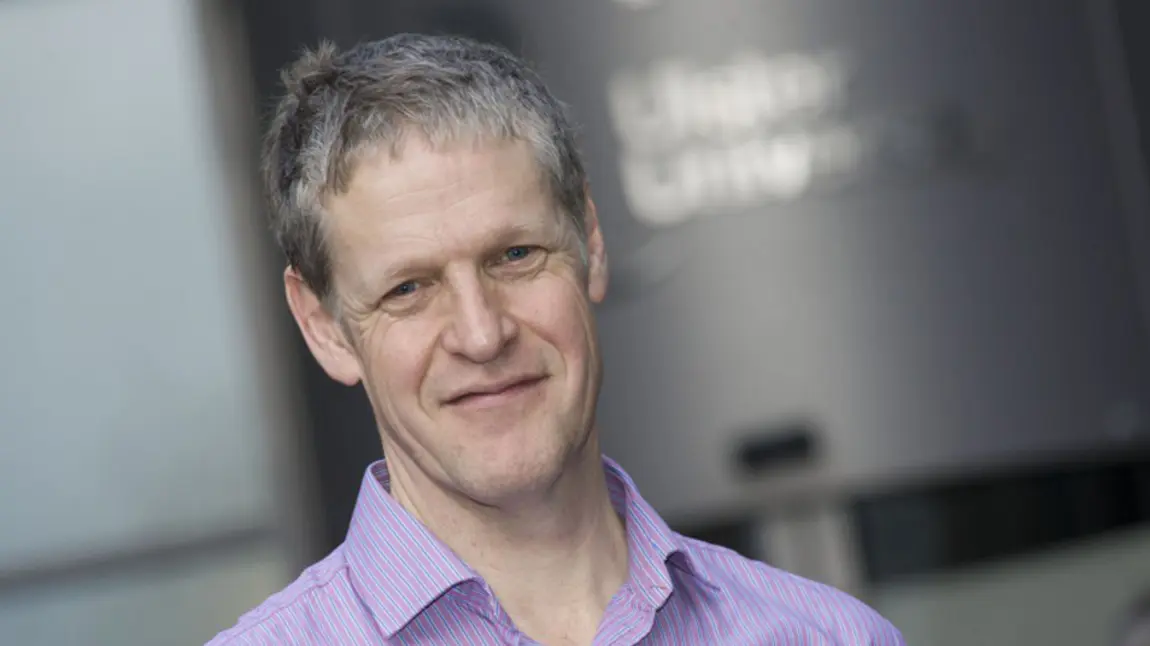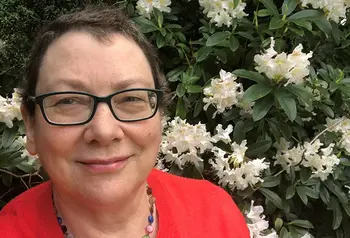From "unsettlement" to a new future

There have been few more global events disruptive of the pattern of life than the coronavirus (COVID-19) lockdown.
Yet the impacts of the pandemic – which are only just beginning to be understood – only amplify an already unsettled outlook.
"Unsettledness" is becoming a way of life."
People are on the move, climates are threatened and digital technology is changing societies and economics at an unprecedented rate. Global politics has been in a state of flux since 1989. The UK has its own turmoil, strained by a three-year Brexit debate. "Unsettledness" is becoming a way of life.
In Northern Ireland this has been true for a while. Here, peace has always been fragile and neither future nor past are settled. In fact, after decades of "normalised" violence, peace is still the surprise element.
After the Good Friday Agreement, enemies of many years became permanent partners in government. But violence is still always around the corner and looking back to the past risks re-opening painful wounds – often publicly.
Nothing threatens hoped-for futures like a polarised past.
Finding ways to come together

One of the defining challenges of peace in Northern Ireland has been finding ways to engage with each other across a gulf of contention.
Could our unsettled state be a platform to start looking at familiar things in a new way? And could doing this help us to plot a path to a shared future and away from our violent past?
"What counted then as triumph for some was still felt as humiliation by others."
In 2012, Northern Ireland found itself negotiating the Decade of our Centenaries – a commemorative minefield. One hundred years ago, in 1912, Ireland lurched from the mobilisation of private armies to huge losses at the Somme, and from a dramatic effort to kickstart a Republic to civil wars, partition and two new parliaments.
Yet across that century, what counted then as triumph for some was still felt as humiliation by others.
What we did
Avoiding divisive topics altogether was the attractive, and well-worn, solution.
This time, we used heritage to face up to disruption and disagreement, using story and place to connect people.
The Heritage Lottery Fund (as it was then) and the Northern Ireland Community Relations Council, together with partners from arts, academia and public services, sketched out a path to go forward.
Principles for remembering were endorsed by the Northern Ireland Executive and many local authorities.
For example:
City Hall
- Belfast City Council used the principles to refashion the City Hall from a space which reflected a past dominated by one community into a civic space for everyone.
- They also enabled the City Council to mark contentious historical events in a more open way that meant every citizen could connect with their past.
Ulster Museum
- The Ulster Museum used the principles as the foundation of an exhibition telling the story of the ‘Troubles’.
Starting from a new place
Cultural and political narratives were placed side by side, different voices were heard and questioning was encouraged. Heritage emerged as a creative platform for continuing engagement, for exploration and reconsideration and as a place for contemplation.
"What we can learn from this is that "unsettlement" is not just a risk, but a new place to look from."
It also allowed heritage, culture and the arts to escape the domesticated "nice to have" box and emerge as a critical public service for exploring a different kind of public exchange.
What we can learn from this is that "unsettlement" is not just a risk, but a new place to look from.
After coronavirus (COVID-19)
The experience of the coronavirus (COVID-19) pandemic has brought forward new opportunities with its new challenges.
- The digital world has expanded even as the inequalities of the digital age have been brought into sharp relief.
- Our need for open space and access to it cannot be ignored.
- And writing this as America goes through convulsions, it is clear that heritage must provide safe places for robust challenge and engagement, and offer a reminder of the importance of ‘evidence’ and perspective beyond opinion.
As the United Kingdom deals with the "unsettlement" of Brexit and the pandemic, Northern Ireland may have something to offer about relearning and about rejecting binary narratives of "us against them".
We are being forced to think in new ways. Heritage can help us open safe paths in which to negotiate difference, recognise complexity and enable us to negotiate change – together.
About Professor Duncan Morrow
Duncan Morrow is Professor in Politics and Director of Community Engagement at Ulster University in Belfast.
Between 2002 and 2012, Duncan was Chief Executive of the Northern Ireland Community Relations Council, working closely with The National Lottery Heritage Fund.
Since 2018 he has been actively engaged in political and community efforts to move Northern Ireland society away from sectarian division and paramilitarism.
- Views expressed in the Future Heritage blog series are those of the authors, not necessarily of The National Lottery Heritage Fund.

